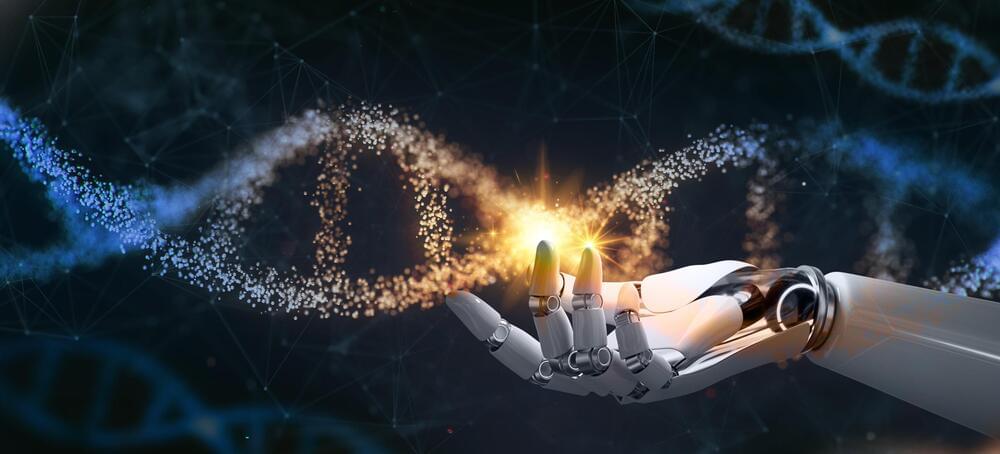With the help of an AI, researchers at Chalmers University of Technology, Sweden, have succeeded in designing synthetic DNA that controls the cells’ protein production. The technology can contribute to the development and production of vaccines, drugs for severe diseases, as well as alternative food proteins much faster and at significantly lower costs than today.
How genes are expressed is a process that is fundamental to the functionality of cells in all living organisms. Simply put, the genetic code in DNA is transcribed to the molecule messenger RNA (mRNA), which tells the cell’s factory which protein to produce and in which quantities.
Researchers have put a lot of effort into trying to control gene expression because, among other things, it can contribute to the development of protein-based drugs. A recent example is the mRNA vaccine against COVID-19, which instructed the body’s cells to produce the same protein found on the surface of the coronavirus.
